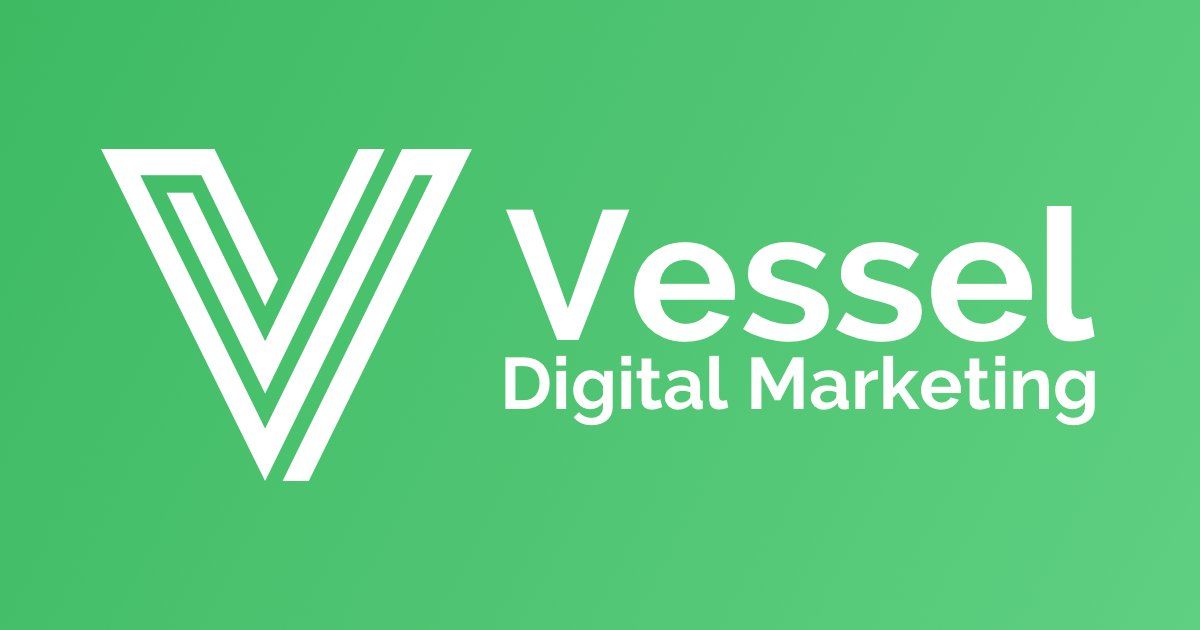Why should you be running paid (PPC) ads?
In our previous blog post, we provided an overview of the different types of digital marketing, including Pay-Per-Click Advertising (PPC). In this follow-up post, we will delve deeper into the importance of PPC and how it can benefit your business.
What is PPC Advertising?
PPC advertising is a form of digital advertising where you pay each time a user clicks on your ad. It allows you to target specific keywords and demographics to reach your target audience. Google Ads and Facebook Ads are the two most popular platforms for PPC advertising.
Why is PPC Important for Your Business?
Targeted Advertising
One of the main advantages of PPC advertising is the ability to target specific keywords and demographics. This allows you to reach your target audience with precision and ensures that your ad is seen by the people who are most likely to be interested in your product or service.
Measurable Results
PPC advertising provides measurable results, allowing you to track your ad's performance and adjust your strategy accordingly. You can track metrics like click-through rate (CTR), conversion rate, and return on investment (ROI) to see how your ad is performing and make data-driven decisions to optimize your campaign.
Cost-Effective
PPC advertising can be very cost-effective, especially compared to traditional advertising methods like TV or print ads. With PPC, you only pay when someone clicks on your ad, which means you're not wasting money on advertising to people who aren't interested in your product or service.
Quick Results
PPC advertising can deliver quick results, allowing you to see an immediate increase in website traffic, leads, and sales. Unlike SEO, which can take months to see results, PPC advertising can start driving traffic to your website within hours of launching your campaign.
Brand Awareness
PPC advertising can also be used to increase brand awareness and reach a wider audience. Even if someone doesn't click on your ad, they will still see your brand name and logo, which can help to build brand recognition and credibility.
Tips for Running a Successful PPC Campaign
Keyword Research
Keyword research is a critical step in any successful PPC campaign. You need to identify the keywords that your target audience is searching for and create ads that are relevant to those keywords. Use tools like Google Keyword Planner to research keywords and their search volume.
Compelling Ad Copy
Your ad copy should be compelling and encourage users to click on your ad. Use attention-grabbing headlines, clear calls-to-action, and highlight the benefits of your product or service. Your ad should also be relevant to the keyword and landing page it's linking to.
Landing Page Optimization
Your landing page is where users will be directed after clicking on your ad. Make sure your landing page is relevant to the ad and includes a clear call-to-action. It should also be optimized for conversions, with clear and concise content, easy navigation, and a user-friendly design.
Budget Management
Set a budget for your PPC campaign and monitor your spending closely. Make sure you're getting a good return on investment and adjust your budget as necessary to optimize your campaign.
A/B Testing
A/B testing involves creating two versions of an ad or landing page and testing them to see which one performs better. This can help you optimize your campaign and improve your results over time.
In conclusion, PPC advertising is an essential part of any digital marketing strategy. It allows you to reach your target audience with precision, deliver quick results, and provide measurable results. With the right strategy and execution, PPC advertising can help you increase website traffic, generate leads, and boost sales for your business.
Enjoyed this article?
Here's a few more that may interest you.

Want to know more?
Set up a [free] consultation.
We will walk through your current website and discuss the vision for your new website, as well as any other digital marketing needs you may have.


